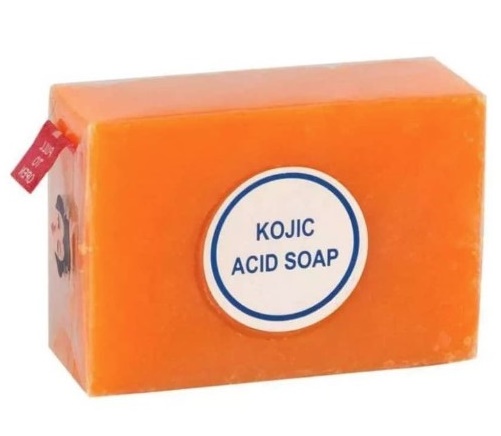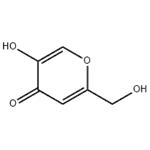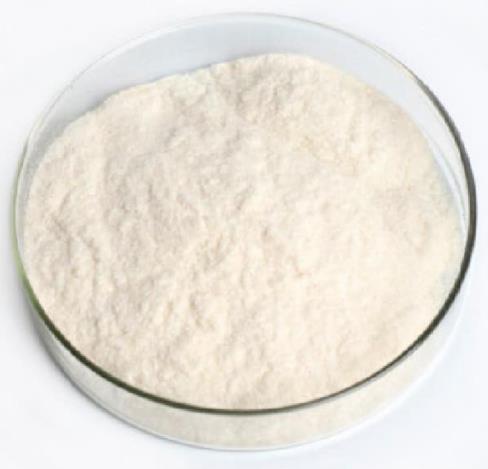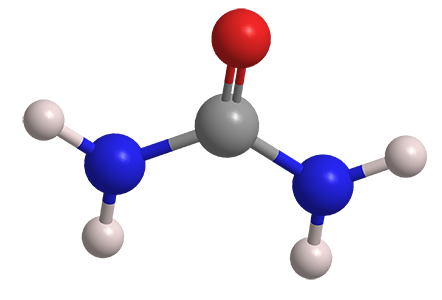The benefits of Kojic acid
Description
Kojic acid (5-hydroxy-2-hydroxymethyl-4-pyrone) is a small organic molecule with many potential applications, from pharmaceuticals to biopolymers and cosmetics[1].
Uses
The compound possesses both antiparasitic and cytotoxic activity, while its derivatives have been investigated for their antimalarial, antimicrobial, antibacterial, antifungal, and cytotoxic properties, acting also as a tyrosinase inhibitor. Kojic acid also functions as a radioprotective agent, antioxidant, and radical scavenger. The parent compound and its derivatives are used as whitening agents in cosmetics. In agriculture, kojic acid has been investigated as a pesticide and insecticide. In polymer applications, the biological activity of kojic acid has been utilized, for example, in antimicrobial materials, while biodegradable polymers have been designed to release kojic acid[2].
Benefits
It is usually combined with other agents at a 1–4% concentration for its skin-lightening properties. The mechanism of its effect might be due to the reduction of melanin formation in melanocytes by tyrosinase inhibition.

As a bleaching agent and to protect the skin against the effects of ultraviolet rays in cosmetic products. As a teeth-whitening ingredient in oral care products. Several studies have evaluated the mechanism of pigmentation reduction and the safety of kojic acid in cosmetics. Accordingly, the best-recommended concentration range for topical kojic acid preparations is 1% or less to ensure efficacy and safety.
In patients with photosensitive melasma who received a cream therapy containing 1% kojic acid for 6 months, the results showed a significant improvement in skin color. High transepidermal kojic acid diffusion significantly reduces the amount of melanin produced. Even patients with melasma who used 1% kojic acid cream were followed for 2 years, and no significant adverse events or reactions were noted.
Besides that, another benefit of kojic acid has been showing antibacterial properties that can kill some common bacteria (e.g., acne-causing bacteria) even in small dilutions. Studies have also shown that kojic acid can fight fungi that live and cause disease on the skin.
References
[1] Lassfolk, Robert et al. “Chemo-enzymatic three-step conversion of glucose to kojic acid†.” Chemical Communications 98 (2019): 14737–14740.
[2] Shifali Chib. “Fungal production of kojic acid and its industrial applications.” Applied Microbiology and Biotechnology 107 7–8 (2023): 2111–2130.
You may like
See also
Lastest Price from Kojic acid manufacturers

US $0.00-0.00/kg2025-08-21
- CAS:
- 501-30-4
- Min. Order:
- 1kg
- Purity:
- 99%
- Supply Ability:
- 1

US $0.00-0.00/KG2025-05-26
- CAS:
- 501-30-4
- Min. Order:
- 1KG
- Purity:
- ≥99.0%
- Supply Ability:
- 5tons/month



